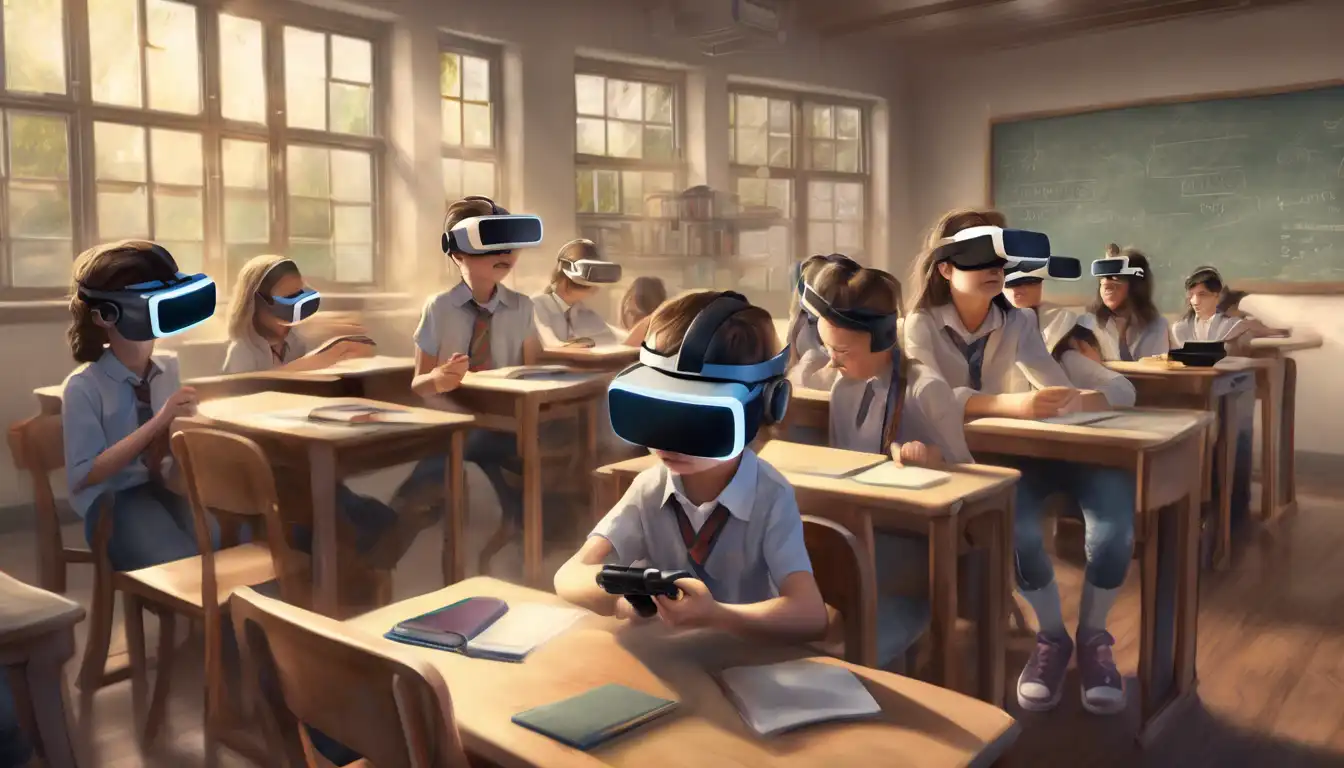The Transformative Impact of Virtual Reality in Learning Environments
Virtual Reality (VR) technology is revolutionizing the educational landscape, offering immersive learning experiences that were once beyond imagination. By simulating real-world environments, VR provides students with unique opportunities to explore complex concepts in a safe and controlled setting. This article delves into the potential of VR in education, highlighting its benefits, challenges, and future prospects.
Benefits of VR in Education
VR technology offers numerous advantages in educational settings, including:
- Enhanced Engagement: VR's immersive nature captures students' attention, making learning more engaging and enjoyable.
- Improved Retention: Studies show that immersive learning experiences can significantly improve memory retention.
- Accessible Learning: VR can bring distant or inaccessible locations right into the classroom, from ancient ruins to outer space.
- Safe Practice Environments: Students can practice skills in risk-free simulations, such as medical procedures or chemical experiments.
Challenges and Considerations
Despite its potential, integrating VR into education comes with challenges:
- Cost: High-quality VR equipment can be expensive, posing a barrier for some institutions.
- Technical Requirements: Effective VR learning requires robust hardware and software, along with technical support.
- Content Development: There is a need for high-quality, curriculum-aligned VR content that meets educational standards.
Future Prospects
The future of VR in education is bright, with ongoing advancements in technology making it more accessible and effective. Innovations such as AI-driven personalized learning and collaborative VR platforms are set to further enhance its educational value. As VR becomes more mainstream, it has the potential to transform traditional learning paradigms, making education more interactive, inclusive, and impactful.
In conclusion, VR holds immense potential to enrich education by providing immersive, engaging, and effective learning experiences. While challenges exist, the continuous evolution of VR technology promises to overcome these hurdles, paving the way for a new era in education. Educators and institutions are encouraged to explore VR's possibilities, ensuring students are prepared for the future.
